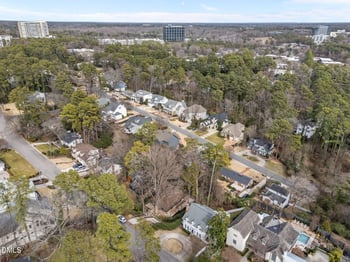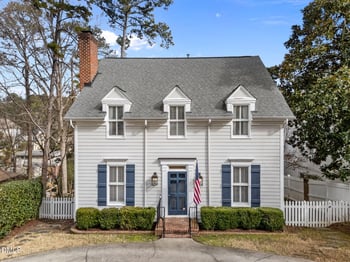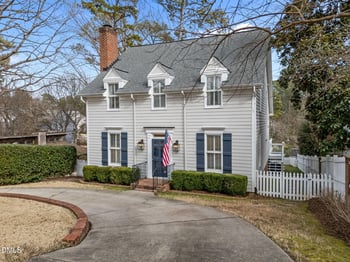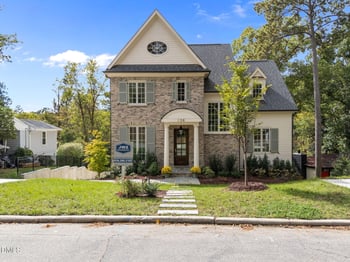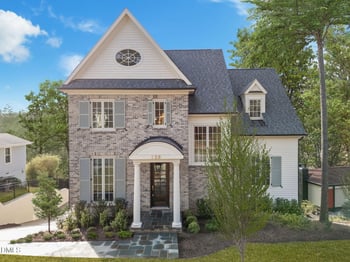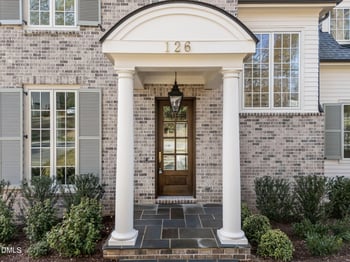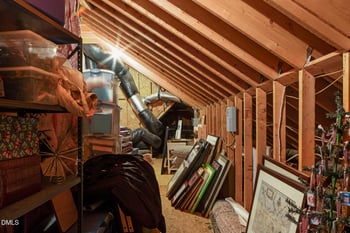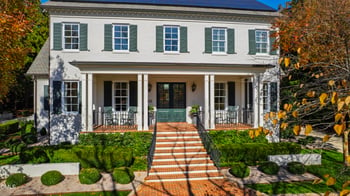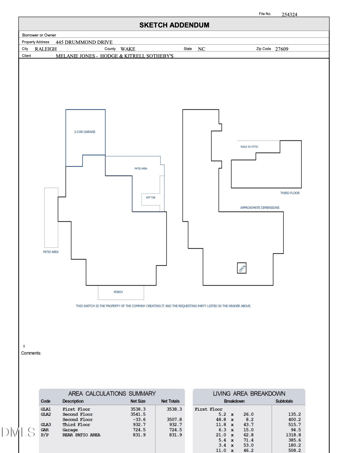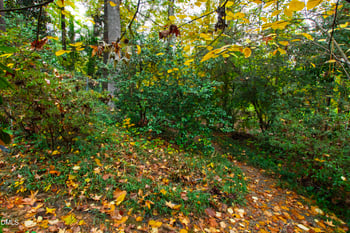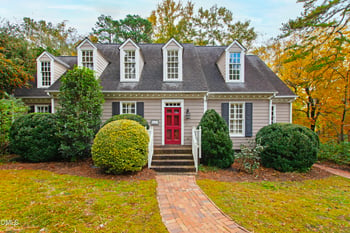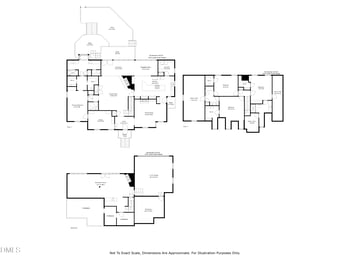Current Real Estate Statistics for Homes in Raleigh, NC (Community: Drewry Hills)
Homes for Sale by City
Popular Searches in Raleigh, NC
Drewry Hills in Raleigh, NC – Neighborhood Guide
Welcome to Drewry Hills, an established and prestigious community nestled just minutes from downtown Raleigh, NC. Whether you're planning to buy a home, sell your home, or explore luxury living in the Raleigh real estate market, Drewry Hills offers timeless elegance, tree-lined streets, and unmatched convenience. With a curated selection of homes for sale, this neighborhood is highly sought after by discerning buyers who value location, charm, and community. If you're working with a local realtor, Drewry Hills should be at the top of your list.
Why Choose Drewry Hills?
Drewry Hills combines classic Southern architecture with a walkable, upscale lifestyle in the heart of North Raleigh. Situated near Five Points and Midtown, this neighborhood blends quiet suburban tranquility with easy access to shops, restaurants, and top schools.
Why buyers love Drewry Hills:
-
Prime inside-the-beltline location
-
Mature trees and picturesque landscaping
-
Walkable to North Hills, Five Points, and greenways
-
Strong sense of community with long-term residents
-
Architecturally significant homes with unique character
If you're looking to buy a home in Raleigh with history, beauty, and central access, Drewry Hills offers it all.
Homes for Sale in Drewry Hills
The homes for sale in Drewry Hills reflect a variety of timeless architectural styles, including Colonial, Mid-Century Modern, and updated transitional homes. Most properties range from 3 to 6 bedrooms and offer 2,000 to 5,000+ square feet on spacious, private lots.
Home prices typically begin in the high $700s and often exceed $2 million for fully renovated or custom luxury estates. Many homes feature gourmet kitchens, hardwood flooring, large porches, and manicured gardens.
To view current listings, visit our homes for sale in Raleigh page and explore the latest inventory in Drewry Hills and surrounding areas.
Real Estate Market Trends in Drewry Hills
Drewry Hills is one of the most desirable neighborhoods in the Raleigh real estate market. Homes in this area tend to appreciate consistently due to their quality, lot sizes, and unbeatable location.
Why now is a great time to buy or sell:
-
Limited inventory and strong buyer competition
-
High demand for centrally located luxury homes
-
Excellent long-term investment potential
Thinking of selling? We can help you sell your home in Drewry Hills with a tailored strategy and premium marketing approach. Call or text 919-249-8536 or connect through our contact page.
Schools Serving Drewry Hills
Drewry Hills is zoned for some of Raleigh’s top-performing schools, part of the Wake County Public School System.
Nearby schools include:
-
Root Elementary School
-
Oberlin Middle School
-
Broughton High School
Private schools such as The Raleigh School, St. David’s, and Cardinal Gibbons are also just a short drive away.
Local Amenities & Lifestyle
Living in Drewry Hills means enjoying a refined lifestyle close to some of Raleigh’s best attractions. Whether you're strolling to Fallon Park, shopping at North Hills, or dining in Five Points, you're always close to what matters most.
Nearby amenities include:
-
North Hills for upscale shopping, dining, and entertainment
-
Fallon Park and Greenway trails for outdoor recreation
-
The Rialto Theatre and local cafes in Five Points
-
Whole Foods, Target, and Harris Teeter for everyday needs
-
Easy access to I-440 and downtown Raleigh
Drewry Hills offers a blend of peaceful residential streets and cosmopolitan energy.
Buying a Home in Drewry Hills
Buying in Drewry Hills means becoming part of one of Raleigh’s most iconic and enduring neighborhoods. With a mix of classic homes and modern updates, buyers can find properties full of charm and long-term value.
What to expect when buying in Drewry Hills:
-
Spacious, architecturally diverse homes on private lots
-
Prime inside-the-beltline location
-
Proximity to Raleigh’s best schools and amenities
-
Trusted local realtors to guide your search
Call or text 919-249-8536, or visit our contact page to start your journey.
Selling Your Home in Drewry Hills
If you're ready to sell your home in Drewry Hills, now is a strong time to list. With buyer interest high and inventory low, well-presented homes often move quickly.
Our listing services include:
-
Free market analysis and home valuation
-
Professional photography and videography
-
High-exposure digital marketing and MLS optimization
-
Personalized selling strategy tailored to luxury buyers
Call or text 919-249-8536 or reach out via our contact page to get started.
Explore More Raleigh Communities
Drewry Hills is one of many exceptional communities in Raleigh. To explore more luxury neighborhoods, visit our homes for sale in Raleigh page for listings, guides, and real estate insights.
From Five Points to Hayes Barton and beyond, we’ll help you find your perfect fit.
Your Raleigh Real Estate Experts
At Raleigh Realty, we specialize in helping clients navigate the luxury and historic neighborhoods of Raleigh. Whether you're buying or selling in Drewry Hills, our team delivers local expertise and concierge-level service.
Let’s connect! Call or text 919-249-8536, or visit our contact page to begin your next move.
Explore, buy, or sell with confidence in Drewry Hills—your next chapter starts here.
Back to Raleigh Real Estate
Call us at 919-249-8536
